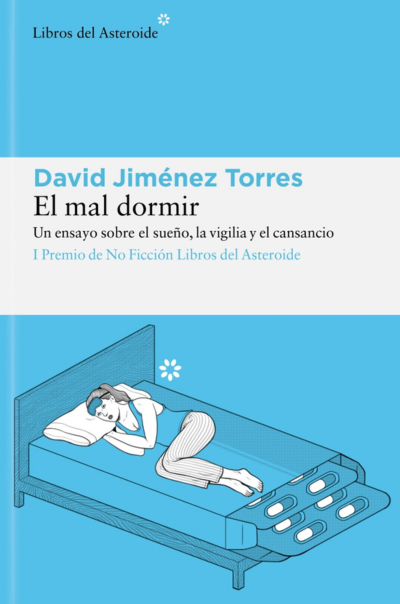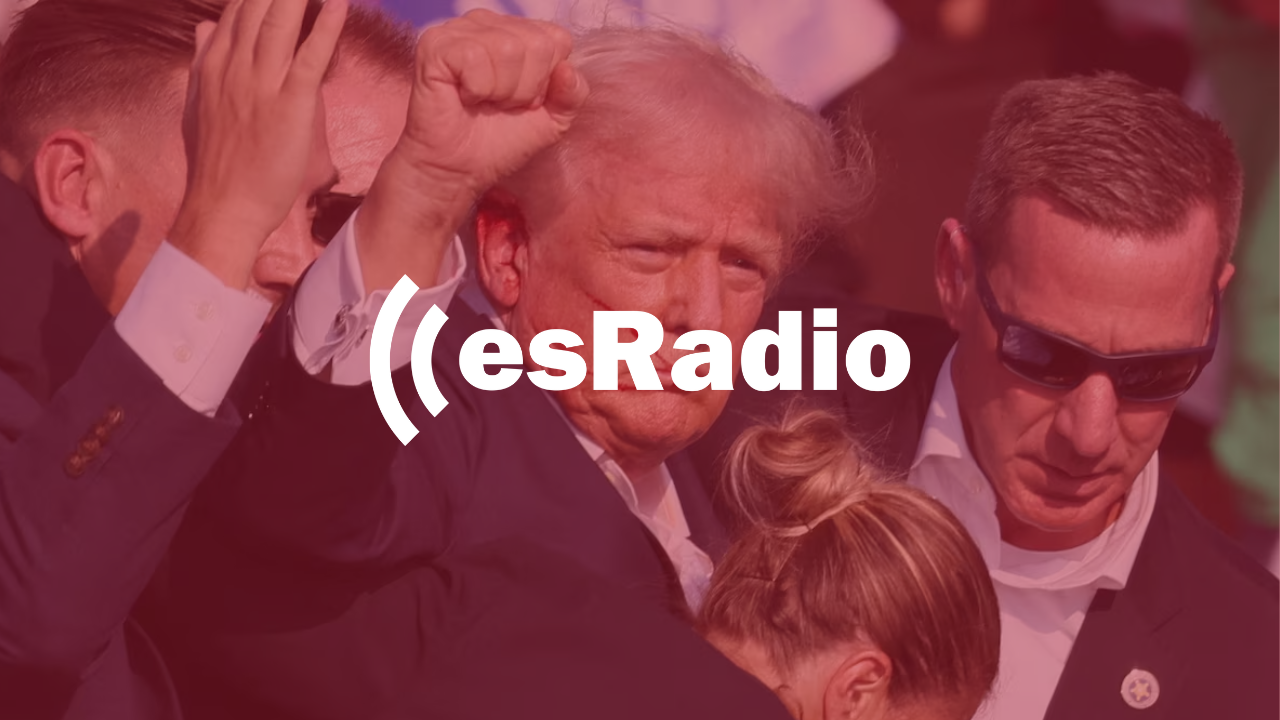As so many expected, Sunday’s May 24th election for regional and municipal authorities was another confirmation that the political scene in Spain is becoming more complicated. In a globalized world, the battle to preserve freedom is a global battle. The more countries that embrace populist socialism, the harder it will be for others, including the United States, to maintain their liberties. In his first morning radio show after the election, the “Rush Limbaugh” of Spain Federico Jiménez Losantos concluded: “the Spanish voters dealt the biggest blow to the Right in over thirty years.” It was an important victory for left-wing populism.
Judged by the results and reactions the upcoming November 2015 general election will set the condition for a Spain governed by a socialist populist front. The Popular Party was the most voted political force, but it was also the biggest loser. It lost over 10% of its voters compared with its last comparable election. The PSOE (the socialist party) lost just a few percentage points, and remains the second political force. But due to the decent showing of allies of Podemos (WE CAN) in Madrid and Barcelona, all leftists, the socialists have strong incentives to form coalitions, support each other, and rise to power. As PSOE is still the strongest in that camp, it will compete to lead the coalition. The Popular Party under Rajoy lost so much prestige, that few want to form coalitions with them.
During the ’80s and ’90s, Spain had become an example of gradual economic liberalization. The process benefitted most Spaniards. Its example played a salutary effect in several Latin American countries. Free-Market think tanks like Fundación Libertad (Argentina) and Centro de Estudios en Economica y Educación (now AIHAC) in México, used to organize trips for business, labor, and political leaders to travel to Spain in order to witness the process and the intellectual foundations of the reforms. The way in which Spanish social democrats and centrist conservatives agreed to a common ground, based on a social market economy, was seen as a path to imitate. Now Spain seems more as an example of what to avoid. Spanish think tanks and free-market champions and educators have their work cut out for them.
Among the Spanish free-market think tanks, Fundacion para el Análisis y los Estudios Sociales (FAES) has the largest budget. Given that FAES is tied to the ruling Popular Party (PP), the think tank suffers with the fate of the party. José María Aznar founded it before he became Spanish president (1996–2004). With a Ph.D. from Oxford, Congresswoman Cayetana Alvarez de Toledo, FAES director of international relations, leads a team that has helped train more than 2,000 young leaders. The think tank organizes programs and a summer university with professors from around the world. Many who passed through its seminars are working today at other think tanks and in government. A few have been elected to office. FAES is ranked as one of the best politically affiliated think tanks in the world, and as the second most transparent in Spain.
If FAES is seen as the closest to the devalued PP, Instituto Juan de Mariana (IJM) is seen as the furthest from power and political battles. Founded by Gabriel Calzada, who left the institute to become rector of the Francisco Marroquin University, in Guatemala, IJM has conducted path-breaking research on the costs and disastrous results of subsidies to green energy efforts. Their studies were even highlighted in the U.S. Congress. IJM also hosts the most important dinner event each year, La Cena de la Libertad (Freedom Dinner, which will take place this week, May 29, 2015). During this event, IJM gives the Freedom Award. The 2015 winner is Prof. Robert Higgs, a noted economist and an outspoken anarcho-capitalist and anti-war advocate. IJM was named after Juan de Mariana (1536–1624), a Jesuit priest of the School of Salamanca (XVIth century) and a champion of sound money and private property. Mariana, like Higgs, did not fear confronting the powers of the time, but saw an important role for government and recommended having citizens actively preparing and paying for possible wars.
Institución Futuro (IF) in Pamplona, Navarra, Spain, celebrated its 10th anniversary last year. It focuses on state policy and especially on parliamentary issues. Government intervention and spending at provincial level in Spain is also very high (in Navarra it is close to 20 percent of its GDP). The population of Navarra pays the highest costs per capita to maintain its bloated congress, almost five times more than the citizens of Madrid or Castille. IF is less ideological than the typical free-market think tank, and it has solid connections with local universities and businesses.
Julio Pomés, an untiring intellectual entrepreneur, led IF until 2009. He proved that it is possible to create think tanks that do not depend on government or crony companies. After successfully growing IF, he founded Civismo, based in Madrid. This institute excels at adapting and improving products created by the leading think tanks in the world. The Spanish version of Tax Freedom Day and the Regional Economic Freedom Index (both pioneered by The Fraser Institute in Vancouver, Canada) are prime examples. Civismo also organizes well-attended conferences in Pamplona. It counts the support of Pedro Schwartz, president of the Mont Pelerin Society, and Francisco “Paco” Cabrillo, two Spanish economists of outstanding reputation.






